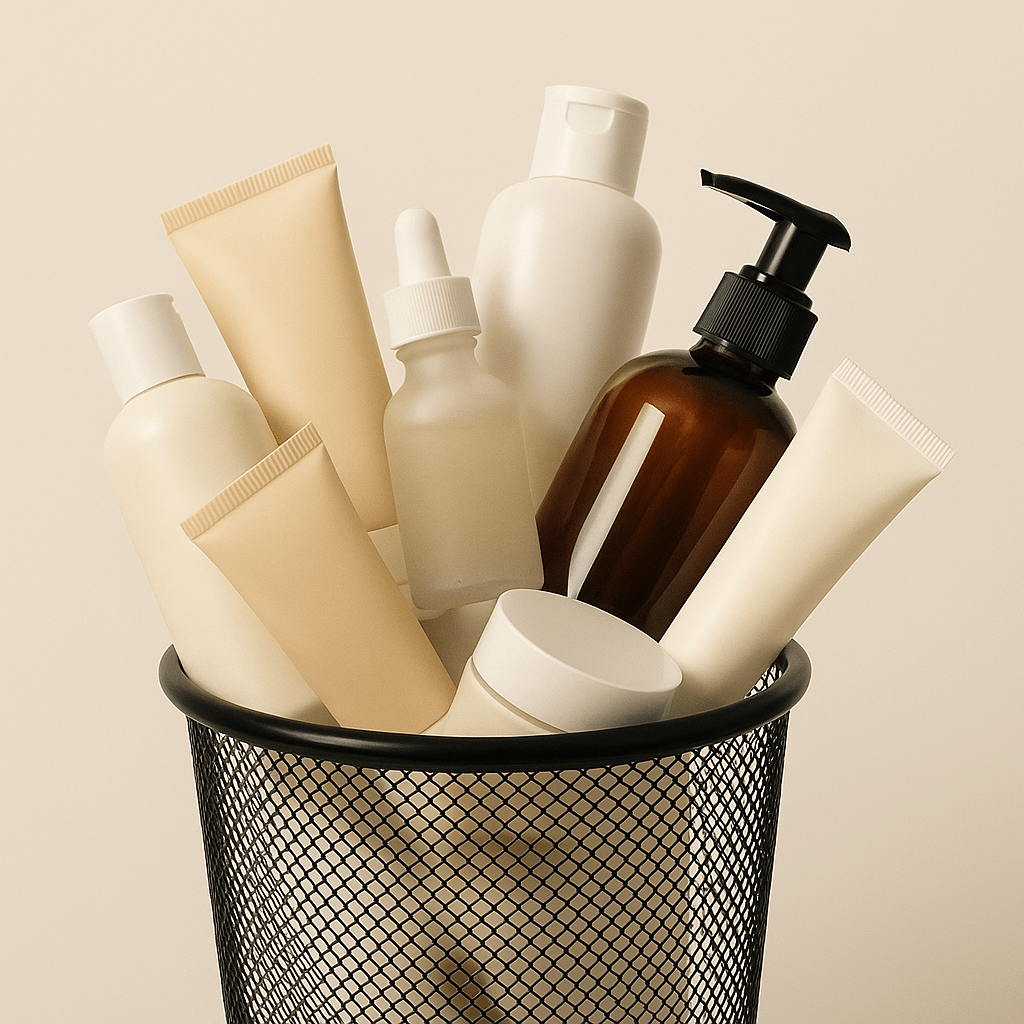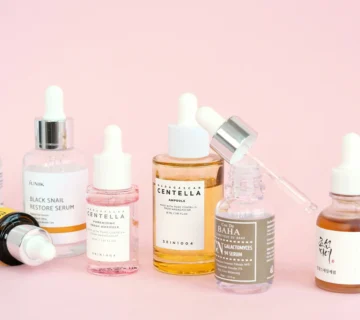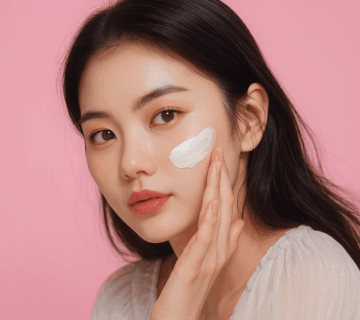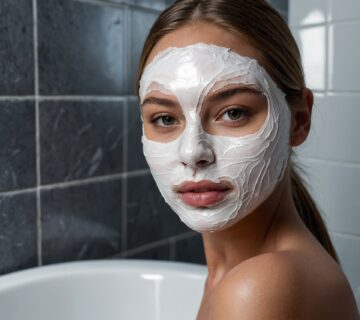Skincare is a booming industry, and millions invest in products hoping to achieve flawless, youthful skin. But here’s the cold, hard truth, many products on your shelf could be damaging your skin more than helping it. Some creams, cleansers, or sunscreens might look luxurious and smell divine but are secretly packed with harmful ingredients. Knowing the 7 skin care products to avoid is crucial if you’re serious about protecting your skin health. These aren’t just opinions, they’re backed by dermatological concerns and scientific findings. Let’s uncover these sneaky skin saboteurs.
1. Fragrance-Heavy Products
Why They’re Harmful:
Products rich in synthetic or natural fragrances are leading causes of irritation, allergic reactions, and eczema flare-ups. Even those labeled “unscented” can contain masking agents that irritate sensitive skin. Since companies are not required to disclose the full composition of fragrance blends, you never really know what you’re putting on your skin.
What to Look for on Labels:
- Fragrance
- Parfum
- Perfume
- Aroma
- Citral
- Limonene
- Linalool
- Eugenol
- Coumarin
- Geraniol
Better Alternatives:
Opt for “fragrance-free” or “sensitive skin” formulas. Unscented products with transparent ingredient lists are safest.
2. Mineral Oil–Based Products
Why They’re Harmful:
Mineral oil forms a film on the skin that blocks pores. While it prevents moisture loss, it also traps sweat, bacteria, and dead cells, especially dangerous for acne-prone or oily skin.
What to Look for on Labels:
- Mineral Oil
- Paraffinum Liquidum
- Liquid Petroleum
- Petrolatum
Better Alternatives:
Try plant-based oils like jojoba, rosehip, or squalane, which are non-comedogenic and nutrient-rich.
3. Alcohol-Based Skincare
Why They’re Harmful:
Although alcohol can give a fresh, clean feel, it often dehydrates the skin. Over time, it breaks down the skin barrier and prompts excess oil production, ironically making oily skin even oilier.
What to Look for on Labels:
- Alcohol
- Alcohol Denat.
- Ethanol
- Isopropyl Alcohol
- Methanol
Better Alternatives:
Look for hydrating ingredients like glycerin, aloe vera, and hyaluronic acid.
4. Products with Parabens or Formaldehyde-Releasing Preservatives
Why They’re Harmful:
Parabens are linked to hormone disruption. Formaldehyde-releasing preservatives may lead to contact dermatitis or allergic reactions. Both are often used for shelf-life extension, not skin health.
What to Look for on Labels:
- Methylparaben
- Propylparaben
- Ethylparaben
- Butylparaben
- DMDM Hydantoin
- Quaternium-15
- Imidazolidinyl Urea
- Diazolidinyl Urea
Better Alternatives:
Preservatives like phenoxyethanol and potassium sorbate offer safer protection.
5. Sulfate-Rich Cleansers (SLS, SLES)
Why They’re Harmful:
Sulfates create that foamy lather we associate with cleanliness but can be incredibly harsh. They strip natural oils, disrupt your skin’s pH, and worsen conditions like eczema or acne.
What to Look for on Labels:
- Sodium Lauryl Sulfate (SLS)
- Sodium Laureth Sulfate (SLES)
- Ammonium Lauryl Sulfate
- TEA-lauryl Sulfate
Better Alternatives:
Creamy or oil-based cleansers with coconut-derived surfactants.
6. Chemical Sunscreens (Oxybenzone, Octinoxate)
Why They’re Harmful:
These UV filters have been found to disrupt hormones and trigger allergic reactions. They also damage coral reefs, prompting bans in environmentally conscious regions.
What to Look for on Labels:
- Oxybenzone
- Octinoxate
- Avobenzone
- Homosalate
- Octocrylene
Better Alternatives:
Use physical (mineral) sunscreens with zinc oxide or titanium dioxide.
7. Over‑Exfoliating Products or Harsh Physical Scrubs
Why They’re Harmful:
Over-exfoliating weakens your skin barrier, causes redness, inflammation, and even premature aging. Physical exfoliants with large, jagged particles cause microtears in the skin.
What to Look for on Labels:
- Walnut shell powder
- Apricot kernel
- Microbeads
- Crushed seeds
- Glycolic acid (in high %)
- Salicylic acid (in high %)
Better Alternatives:
Use chemical exfoliants like lactic acid or mandelic acid 1-2 times per week and avoid abrasive scrubs entirely.
FAQs
Not always, but if you have sensitive or reactive skin, it’s best to avoid it altogether to prevent flare-ups.
Yes, especially for oily or acne-prone skin types, as it can clog pores and trap impurities.
Fatty alcohols like cetyl or stearyl alcohol are generally safe. Avoid drying alcohols like ethanol and isopropyl alcohol.
They strip away natural oils, disturb your skin’s pH, and can cause dryness and irritation.
It is banned in several places due to its environmental impact and health concerns.
Yes, daily exfoliation, especially with harsh scrubs can damage the protective barrier and increase sensitivity.





